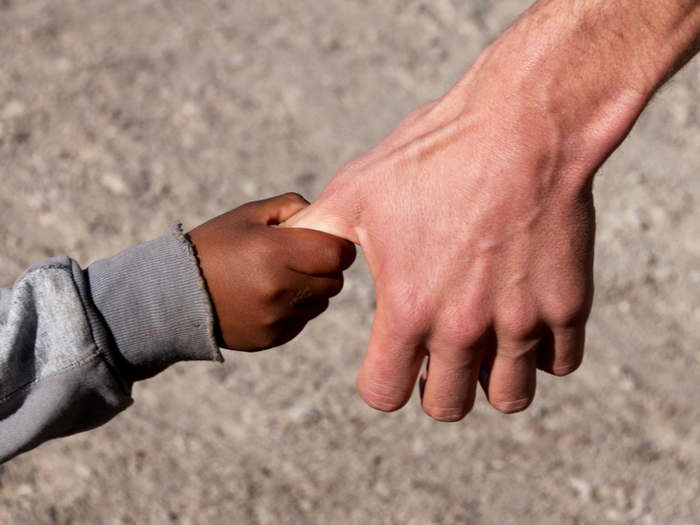The global lockdown in the face of Covid-19 has been particularly challenging for displaced populations. An article published in the journal Nature provides us with critical insight into dealing with such vulnerable settlements. Authored by experts in the Program on Forced Migration and Health at the Columbia Mailman School of Public Health faculty, the paper draws on the author’s collective experience to chalk out a feasible strategy. [1]

Timely aid is critical in ensuring the safety of refugee populations. Photo Credit: Shutterstock
The paper emphasized the UNHCR preparedness and emergency response plan, which asks for the need for a humanitarian approach in dealing with refugees worldwide. According to the world body, of the 196 affected countries, 79 are hosting refugees. This means 67 million people who are of concern to the UNHCR. The team drew upon its experience of dealing with epidemics like Ebola, SARS, and MERS to arrive at the following lessons: [2]
Maintaining Essential Health Services
The basic healthcare infrastructure comes under intense pressure during an epidemic with the diversion of resources, disruption of supply chains, and a shortage of medical care. It aggravates the already present disparities in access to medical care. To make matters worse, the lack of healthcare can make people with comorbidities even more vulnerable. Continuity of healthcare services and the supply of medications for chronic diseases becomes critical in avoiding additional deaths.
Access to Prevention, Control, Testing & Treatment
The access to these critical Covid-19 response measures is severely inadequate in refugee settlements in most countries. The focus of most governments is on their own citizens. Social distancing is extremely hard to carry out in dense refugee settlements. The authors recommend site planning, crowd management, surveillance, and access to proper healthcare for sick patients and those with comorbidities.
Community Engagement
Transparency in communication, building trust, and community engagement are key in preventing and controlling Covid-19 outbreaks in refugee settlements. For displaced communities, a level of trust must be established and then built on. Travel restrictions must not impede the movement of medical supply and personnel. It is also important to curb any populist rhetoric that targets ‘foreigners’ and demonizes them.
COVID-19 is an emerging, rapidly evolving situation.
Get the latest public health information from CDC.
Get the latest research from NIH. [3] [4]
